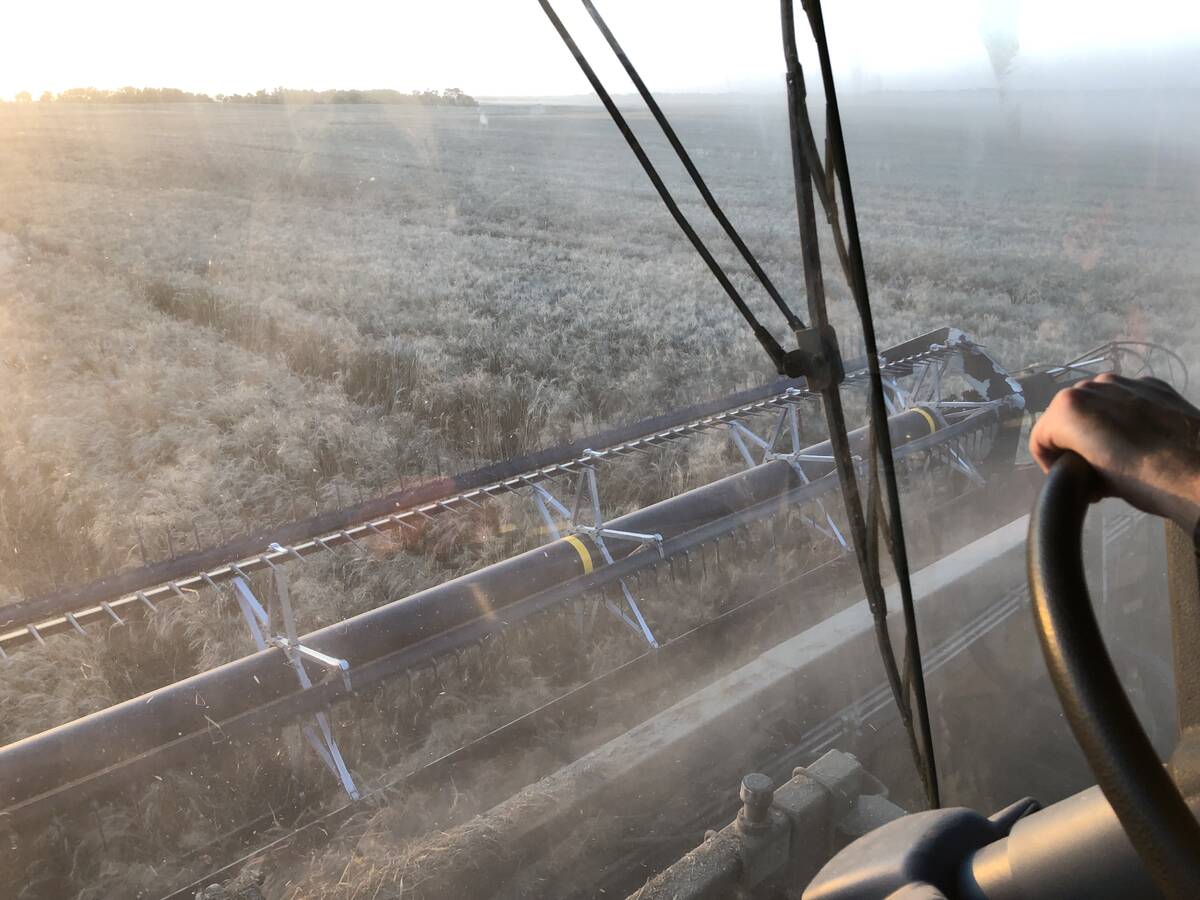Grazing clubs are gaining popularity in Manitoba.
The clubs, which give cattle producers a chance to gather ideas about improving their pasture and watering systems, typically organize a couple of informational meetings and pasture tours a year.
Howard Ganske has been involved in the Cartwright Grazing Club for three years. With a membership of about 55 producers, Ganske said the club’s biggest benefit is helping members find out what other producers are doing.
Ganske, club president, said his participation prompted him to further subdivide pastures that were already under rotational grazing. He also installed pasture pipelines so he could water his cattle away from sloughs and dugouts.
Read Also

Mail strike disrupts grain sample delivery
The Canadian Grain Commission has asked farmers to consider delivering harvest samples directly to CGC offices, services centres or approved drop offs as Canada Post strike delays mail.
The result, he said, has been healthier pastures and cattle.
“You spend less time on foot rot and pinkeye and things like that.”
Manitoba’s eight grazing clubs have as many as 500 members and grew out of a partnership between producers and Ducks Unlimited Canada. The first was established in the Minnedosa area in 1999.
Ducks Unlimited provides information that can help producers improve their pasture and watering systems while also protecting and enhancing wetlands and other wildlife habitat.
It also provides financial incentives to grazing club members, such as $1,000 per producer to install livestock watering systems that keep cattle out of wetlands, and up to $1,500 per producer to seed tame forages beside native pasture, which allows rotational grazing and helps rejuvenate native grasses.
Vicki East, a Ducks Unlimited agrologist based in Killarney, Man., said the improved pastures and watering systems are translating into greater productivity and more efficient use of the land.
The clubs are supported by the Manitoba Cattle Producers Association, the Manitoba Rural Adaptation Council, Manitoba Agriculture, ProMark Seeds and the Manitoba Forage Council, which this year offered 20 reference libraries to starting or existing clubs. The libraries include books, audio and videotapes and a magazine subscription that provides information on improved grazing techniques. The application deadline was July 15.
“We feel it’s a great way to get information out at the producer level,” said Roberta Currah, executive director of the forage council, which secured $40,000 this year through Agriculture Canada’s greenhouse gas mitigation program. The money will support tours, seminars and demonstrations on management practices.
Currah said the goal is to increase the number of grazing clubs in Manitoba to 20, with an equal number of clubs located in each of the province’s agricultural regions.
















